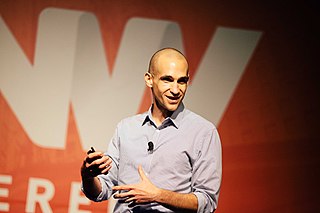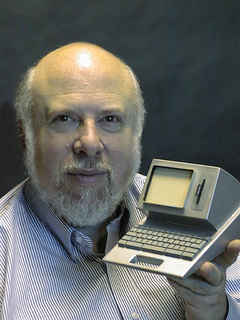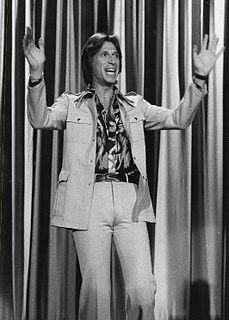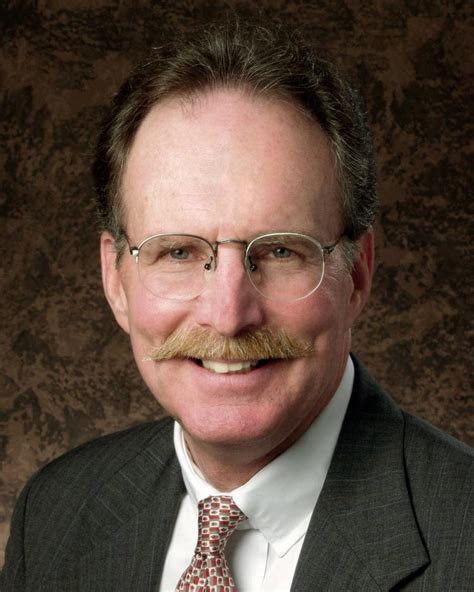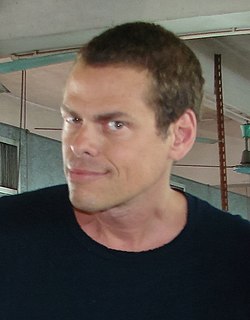A Quote by Joe Gebbia
As Chief Product Officer, I lead our product team to create simple, intuitive user experiences.
Related Quotes
No product is an island. A product is more than the product. It is a cohesive, integrated set of experiences. Think through all of the stages of a product or service - from initial intentions through final reflections, from first usage to help, service, and maintenance. Make them all work together seamlessly. That's systems thinking.
If you think of the product as a service, then the separate parts make no sense - the point of a product is to offer great experiences to its owner, which means that it offers a service. And that experience, that service, comprises the totality of its parts: The whole is indeed made up of all of the parts. The real value of a product consists of far more than the product's components.
Too many companies believe that all they must do is provide a 'neat' technology or some 'cool' product or, sometimes, just good, solid engineering. Nope. All of those are desirable (and solid engineering is a must), but there is much more to a successful product than that: understanding how the product is to be used, design, engineering, positioning, marketing, branding-all matter. It requires designing the Total User Experience.


